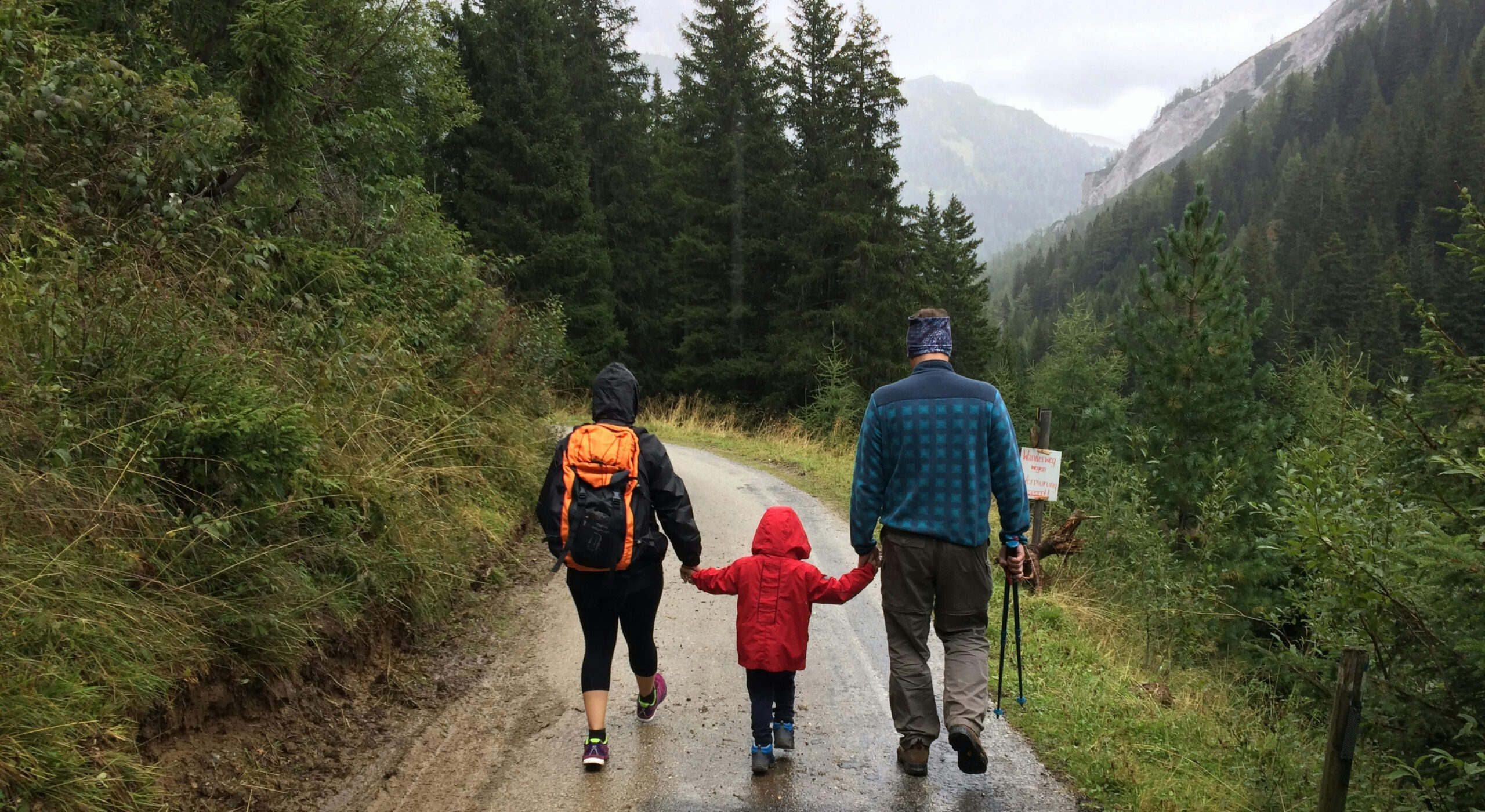It’s been nine years since Lindsay C. Gibson wrote Adult Children of Emotionally Immature Parents: How to Heal from Distant, Rejecting or Self-Involved Parents. Her book and this concept of childhood emotional neglect continue to resonate with people with varying childhood experiences, which is why I recommend it to many of my clients. In Adult Children of Emotionally Immature Parents, Gibson explains the four types of emotionally neglectful parents and the two ways in which their children process that experience.
Four Types of Emotionally Immature Parents:
1. Emotional parents: these parents are “run by their feelings” and act as if they need to be emotionally cared for by their children. This is the parent who everyone is walking on eggshells around because their emotions are fragile like a bomb and they require immediate soothing.
2. Driven parents: these parents are striving for perfection. They may view their children as extensions of themselves, therefore they must also be perfect. “They fear that their children will embarrass them by not succeeding, yet they can’t offer their children the unconditional acceptance that would give them a secure foundation from which to go out and achieve.” (p. 73).
3. Passive parent: these parents are stereotypically laissez-faire and often partner with a more dominant person. These parents disengage when the going gets tough, so they may turn a blind eye to abuse to avoid confrontation and their own difficult feelings.
4. Rejecting parent: these parents blatantly reject their children in private and sometimes in public. They are prickly, so their children quickly learn that it is better to just leave them alone and not risk a blow up. These parents are the least empathic of the 4 types.
Two Styles of Coping:
1. Internalizers: these are individuals who were self-reflective and eager to do better and make people proud in their childhood. They may blame themselves for poor interactions with people and think that they can change people. These people find more fulfillment in their relationships if they just try harder. They internalize their pain.
2. Externalizers: these people may be impulsive, with little self-reflection. They struggle with taking responsibility for themselves and their actions. Some may be more susceptible to external soothing/coping mechanisms like substance abuse, and other forms of instant gratification. They view their pain as coming from an external source.
Gibson is careful to not shame the emotionally unavailable parent because she recognizes the that they may have been raised by emotionally negligent parents. This would continue the cycle of intergenerational trauma.
If you see yourself in these coping styles or these types of immature parents feel familiar you may want to consider reading Adult Children of Emotionally Immature Parents. This book can be validating of your lived experience of childhood emotional neglect. It can also be painful to reflect on how much emotional connection you missed out on in your childhood. If this book feels like it might be a tough read, so I encourage you to find a therapist to help you process the emotions that come up for you. These feelings may be especially painful if you have children of your own.
You may want to get a sense of this book before committing to reading/listening to it. I recommend checking out the podcast We Can Do Hard Things, episodes 264, 284, and 285 where Glennon Doyle, Abby Wambach and Amanda Doyle interview Lindsay C. Gibson about Adult Children of Emotionally Immature Parents.
Be Well,
Gianna

Gianna Colera, LPC-Associate, LMFT-Associate, Supervised by Nicole Richardson, LPC-S, LMFT-S











